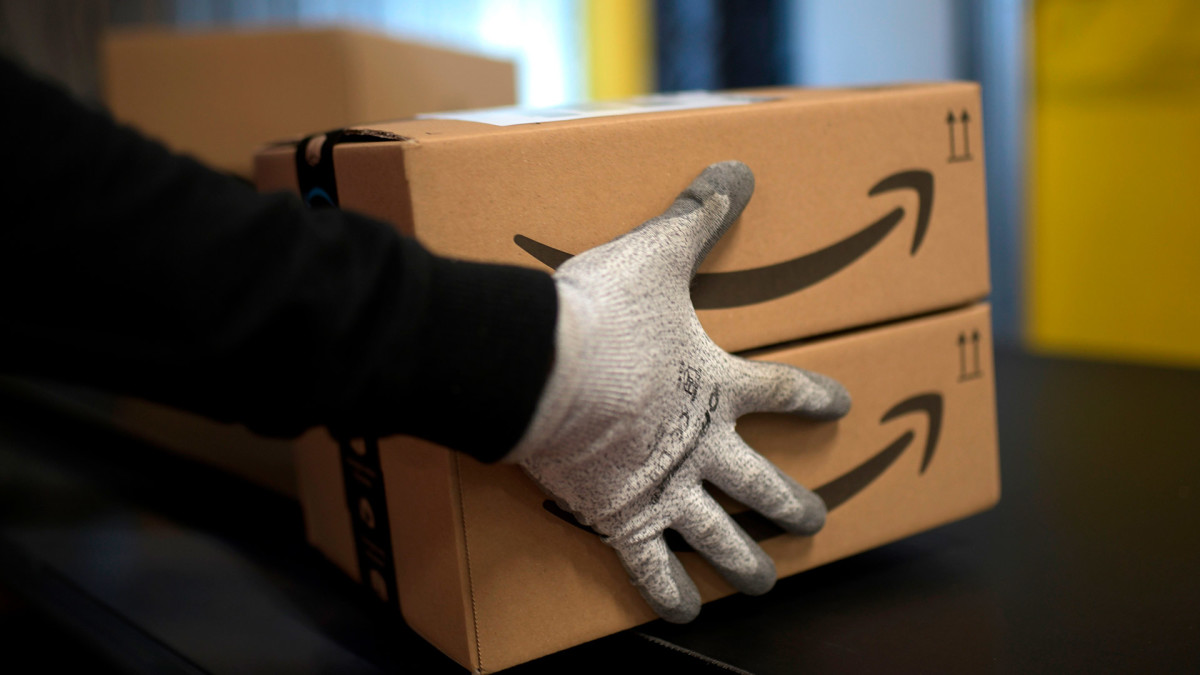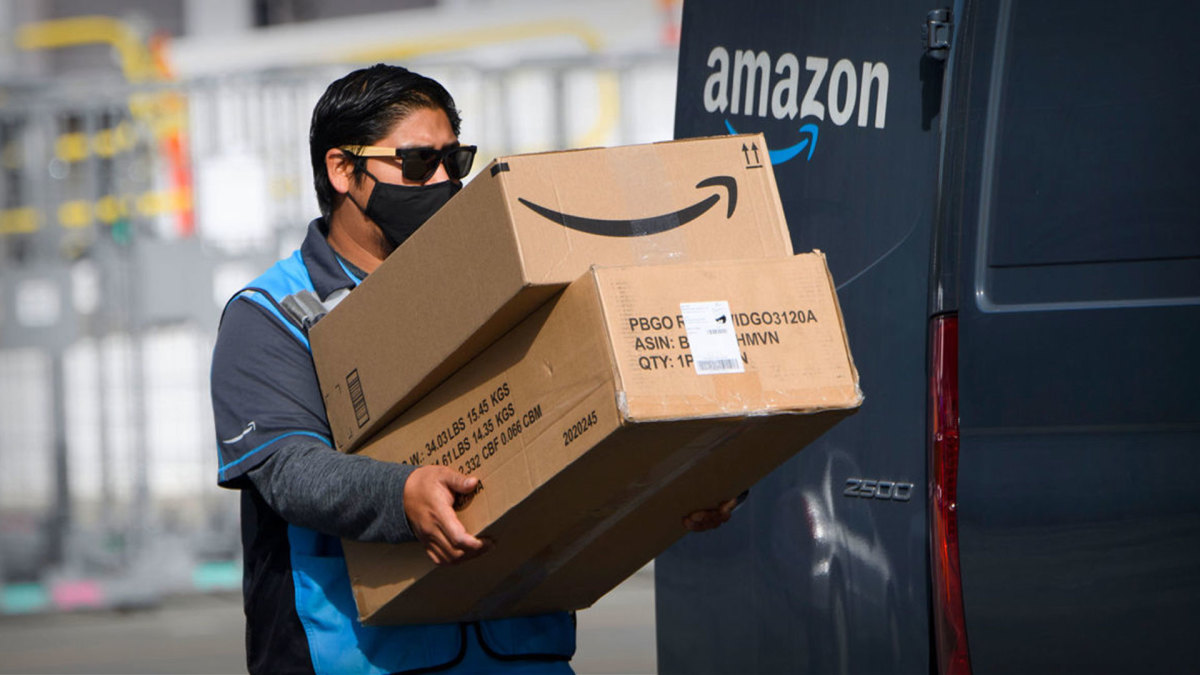
The holiday season brings a massive surge in gift giving.
The internet and e-commerce has made that process easier in many ways as your aunts and uncles, grandparents and well-intentioned family and friends can now ship you those horrifying gifts you don't want but also giving you time to pretend you like it.
In many cases, gift exchanges have now become remote, and you no longer have to feign delight at the ugly sweater, novelty tie, book of poetry by a non-poet celebrity, or other terrible present you have been sent.
Related: Costco members get some bad holiday news
It's a change that may improve your relationships with friends and relatives who don't know you well enough to buy a decent gift. But it's a situation that causes problems for retailers: Bad gifts, gifts that don't fit, and presents that people have no use for lead to returns.
Returning items costs retailers money and inconveniences customers. It's not a small problem: Globally, $816 billion of retail merchandise was returned in 2022, according to a National Retail Federation report.
"For every $1 billion in sales, the average retailer incurs $165 million in merchandise returns," the NRF reported. Some $212 billion of the $816 billion in returns will be customers sending back digital orders.
With the average return costing retailers $30, Amazon (AMZN) -), Walmart (WMT) -), Target, and other big-name retailers have a solution. They just don't want you to know about it.

Image source: PATRICK T. FALLON/AFP via Getty Images
Big retailers adopt no-return return policies
Sometimes it's cheaper for a digital retailer to simply tell a customer not to bother to return an item but still give them a refund.
"Major retailers have unlocked a strategic approach: allowing customers to retain certain items instead of returning them. This tactic is especially common for low-cost items," according to the “Returns Report: 2023 Holiday Predictions” report from returns-services firm goTRG.
It's called a "keep it" policy, and, when used correctly, it can be good for the retailer and the consumer.
"For instance, understanding that the expenses of shipping and processing often surpass the item’s worth, 27% of retailers deem items priced up to $20 as suitable for 'keep it' policies," the report says.
"This strategy not only curtails logistical expenses but also bolsters customer loyalty and trust. A notable 59% of retailers indicated in our survey that they have adopted such 'keep it' policies for returns that aren’t financially viable to ship back."
Amazon, Walmart, Target (TGT) -), Wayfair, Chewy, Kohl’s, and Shein were the most-named companies that use a "keep it" or "returnless" policy, according to data from returns-technology provider Narvar.
'Keep it' has some major drawbacks
While having a returnless return might save money by having customers keep items, that creates other problems and ignores what's actually happening.
"Allowing customers to keep items may be less damaging to the bottom line, but there is still an impact of essentially giving away products for free," Global Data Retail Managing Director Neil Saunders posted on RetailWire.
"Of course, this can be viewed as the cost of doing business online, but that doesn’t solve the underlying issues. Retailers need to get better at resolving the reasons returns are made – inconsistent sizing in apparel, lack of product detail, poor pictures, etc."
"Keep it" policies, he noted could also worsen the returns problem in unintended ways.
"The other issue with ‘keep it’ policies is one of moral hazard: it could encourage people to abuse the system or think less when buying products," he added.
Bob Amster, who has 45 years of retail experience, added his thoughts as well.
"The 'keep it' concept is but a finger in the dike of misguided returns policy," he wrote. "It is the lesser of two evils (retailer pays the expense of shipping and processing returns or retailer gives away the product), but it is not how business should work."
Discuss trade ideas with Hedge Fund Managers and experienced Day Traders. Get Real Money Pro now.







